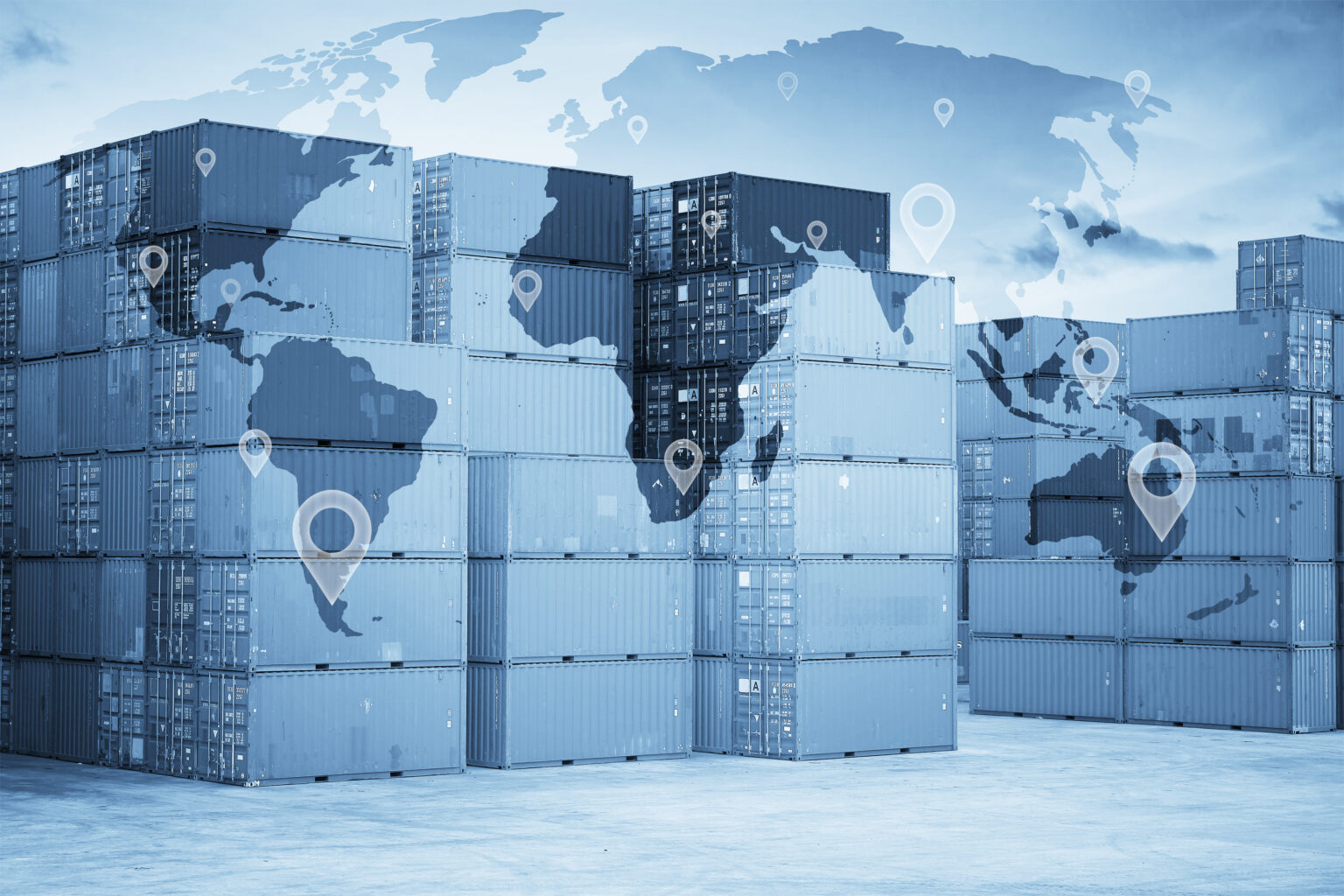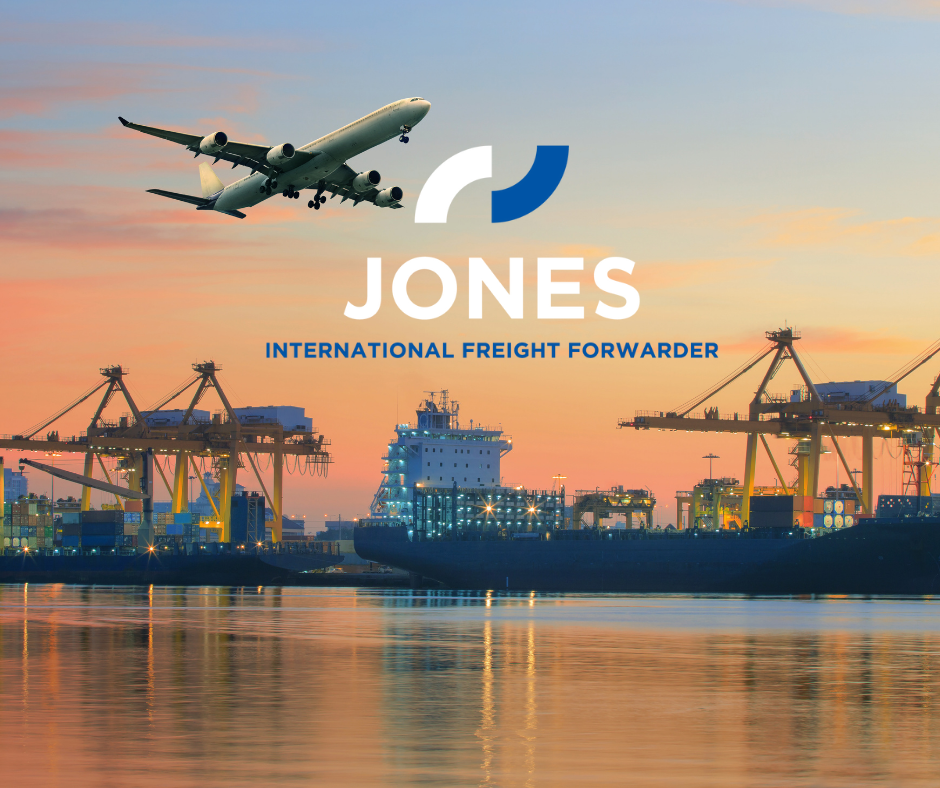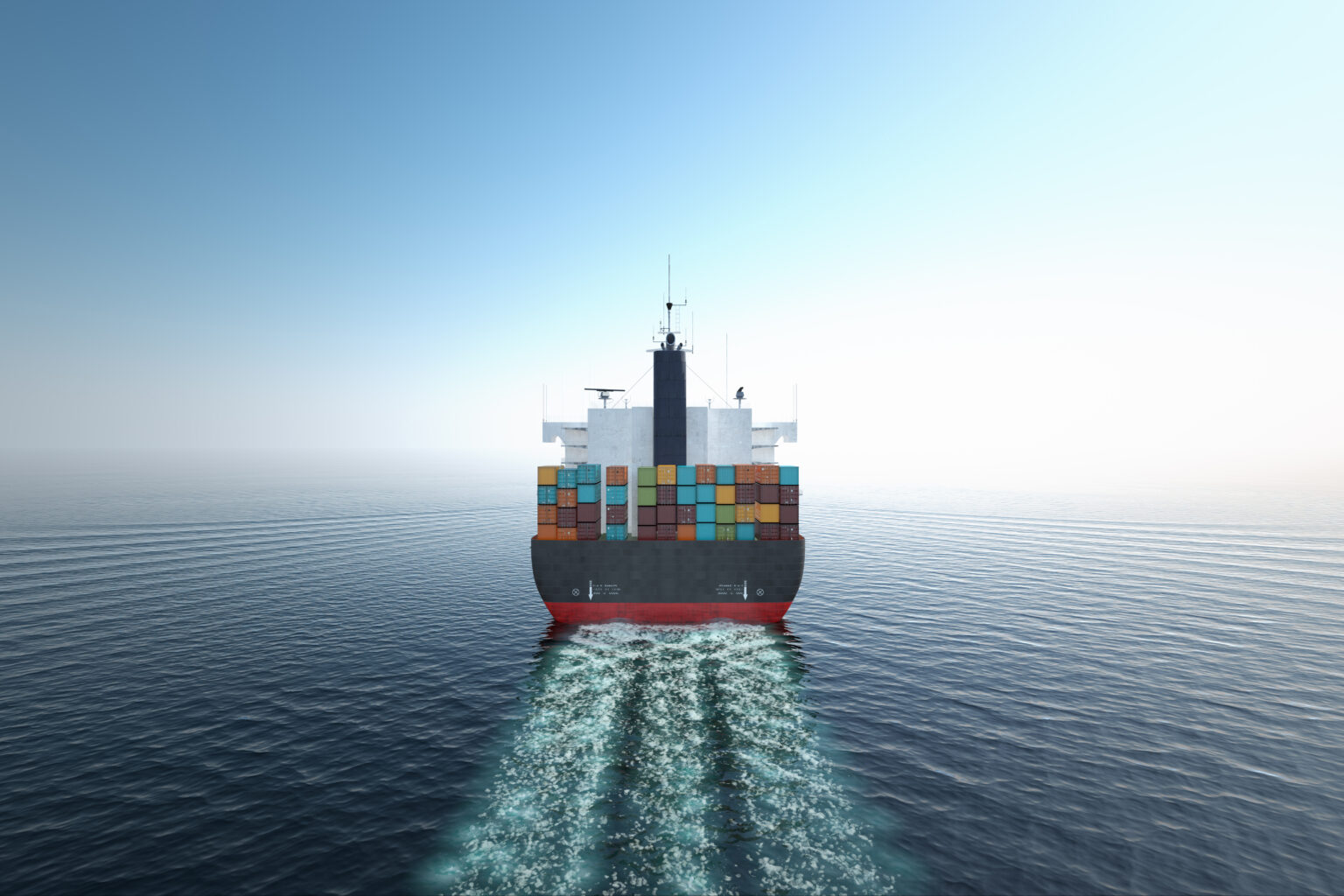12/11/2021
Letters of Credit from A to Z
Summary
- What is a letter of credit?
- What is the difference between a letter of credit and a documentary credit?
- When do you need a letter of credit?
- How does a letter of credit work?
- What are the different types of letters of credit?
- What are the 4 parties involved in issuing a letter of credit?
- Why does an exporter need a letter of credit?
- 3 benefits of a documentary credit
Global commerce has its own rules, and some of them can be stressful and difficult to understand. Importers and exporters need to be familiar with Letters of Credit. Jones will help you understand this critical business document.
What is a letter of credit?
A letter of credit is one of the most common payment methods in international trade. It confirms that the purchaser's or importer's bank is prepared to pay the importer or exporter a certain amount at a specific time, if the vendor submits all documents, as detailed in the contract or pro forma invoice.
What is the difference between a letter of credit and a documentary credit?
It's the same thing. In North America, it is called letter of credit or LC. In Europe, it is called documentary credit or credoc.
When do you need a letter of credit?
- When the transaction amount is high.
- When one of the parties involved is uncertain of the purchaser's honesty, ethics or creditworthiness, or the destination country.
How does a letter of credit work?
The vendor receives a guarantee of payment from the buyer's bank, upon presentation of the contract documents.
The purchaser is assured by his bank that the seller does not receive any payment until the correct documents are submitted, the value of the merchandise is confirmed, and the shipment is complete.
In other words, the purchaser's bank substitutes for the buyer's payment obligation. It is important to understand that conventions and practices in standard letters of credit are ruled by the International Chamber of Commerce.
What are the different types of letters of credit?
A revocable letter of credit may be cancelled by the purchaser's bank at any time without a payment obligation. With an irrevocable letter of credit, the bank cannot avoid its payment obligations.
A notified letter of credit ensures that an export client will be notified that a letter of credit is opened in its favour.
A confirmed letter of credit is used where the country involved is politically unstable or their banking system is not 100% reliable.
What are the 4 parties involved in issuing a letter of credit?
- The purchaser (importer)
- The vendor (exporter or beneficiary)
- Importer's (issuing) bank
- Exporter's (notifying or confirming) bank
Why does an exporter need a letter of credit?
- You have an elevated risk of non-payment.
- You are concerned with the consequences of making errors (irregularities) in the documents.
- You are concerned that your letter of credit will be invalidated for failure to meet crucial conditions.
- You are anxious about your lack of knowledge about letters of credit.
- You have insufficient time to prepare the legal documents.
- Your regular freight forwarder is unable to assist you or does not offer this service.
3 benefits of a documentary credit
- The most secure payment method for the vendor.
- Removes the risk of non-payment.
- Easier financing for banks
In summary, a Letter of Credit is the simplest way to conduct international transactions. It helps you feel secure that you have all the right documents on hand, wherever the transaction takes place.
If you have any questions, don't hesitate to discuss them with our letter of credit specialists.

You may also like...
Our team looks forward to working with you.







